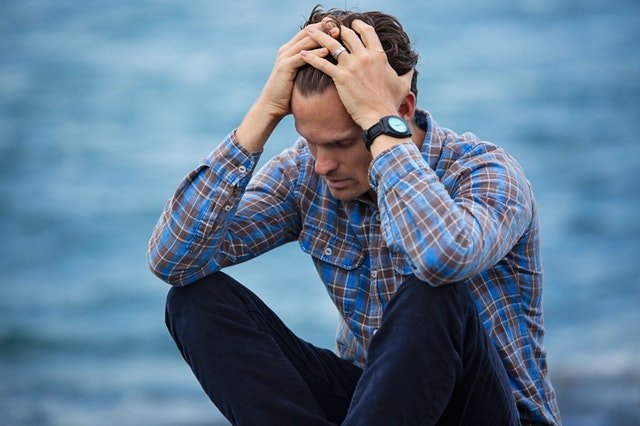
In a new study, researchers found that millions of Americans are being impacted by the psychological fallout from the COVID-19 pandemic and its economic aftermath.
Large numbers may experience emotional distress and be at increased risk of developing psychiatric disorders such as depression and anxiety.
The research was conducted by a team at UT Southwestern.
The team studied survivors of disasters including the 9/11 terrorist attacks and Hurricane Katrina, calls on already stretched health care providers to monitor the psychosocial needs of their patients as well as themselves and fellow health care workers during this time.
The found while conditions arising from a naturally occurring pandemic do not meet the criteria for trauma required to diagnose post-traumatic stress disorder (PTSD), depression and anxiety may result from this pandemic, and some people may even become suicidal.
Shortages of resources needed to treat patients, uncertain prognoses, and public health measures such as shelter-in-place orders—along with the resulting financial upheaval—are among the major stressors that contribute to widespread emotional distress and increased risk for psychiatric illness associated with COVID-19.
Certain groups will be more highly affected, according to the team.
That includes people who contract the disease, those at heightened risk including the elderly and people living with underlying health conditions, and those with preexisting psychiatric or substance abuse problems.
Health care providers are also especially vulnerable to emotional distress during the pandemic, the paper continues, given their risk of exposure amid shortages of personal protective equipment, long work hours, and involvement in the “emotionally and ethically fraught” need to allocate scarce resources when treating patients.
A recent review of the effects on quarantined people and health care providers in earlier disease outbreaks found stress, depression, insomnia, fear, anger, and boredom, among other problems.
The team says while not directly comparable, many who went through other catastrophic events such as 9/11 or 1995’s Oklahoma City bombings developed depression as well as PTSD.
After 9/11, 26 percent of the attack’s survivors developed a new episode of major depression, according to an earlier study she co-authored.
But COVID-19 is new territory. The pandemic is creating a multilayered disaster.
The team says first responders and health care professionals should be trained to evaluate the psychosocial issues surrounding COVID-19, and health care systems need to pay attention to the stress level of their workers and alter assignments and schedules if needed.
Health care workers should ask patients about COVID-19-related stress factors, such as an infected family member and any depression or anxiety, and also check for vulnerabilities like a preexisting psychological condition.
While some patients will need a referral for mental health care, others may benefit simply from support to improve their ability to cope.
Providers can offer suggestions for stress management.
Because parents often underestimate their children’s distress, they should be encouraged to have open discussions to address their children’s reactions and concerns.
People in quarantine or sheltering at home should try to reach out to loved ones electronically.
Maintaining a schedule helps as well. And avoid following the COVID-19 news if that adds to stress.
One author of the study is Carol North, M.D., a UT Southwestern crisis psychiatrist.
The study is published in the New England Journal of Medicine.
Copyright © 2020 Knowridge Science Report. All rights reserved.



